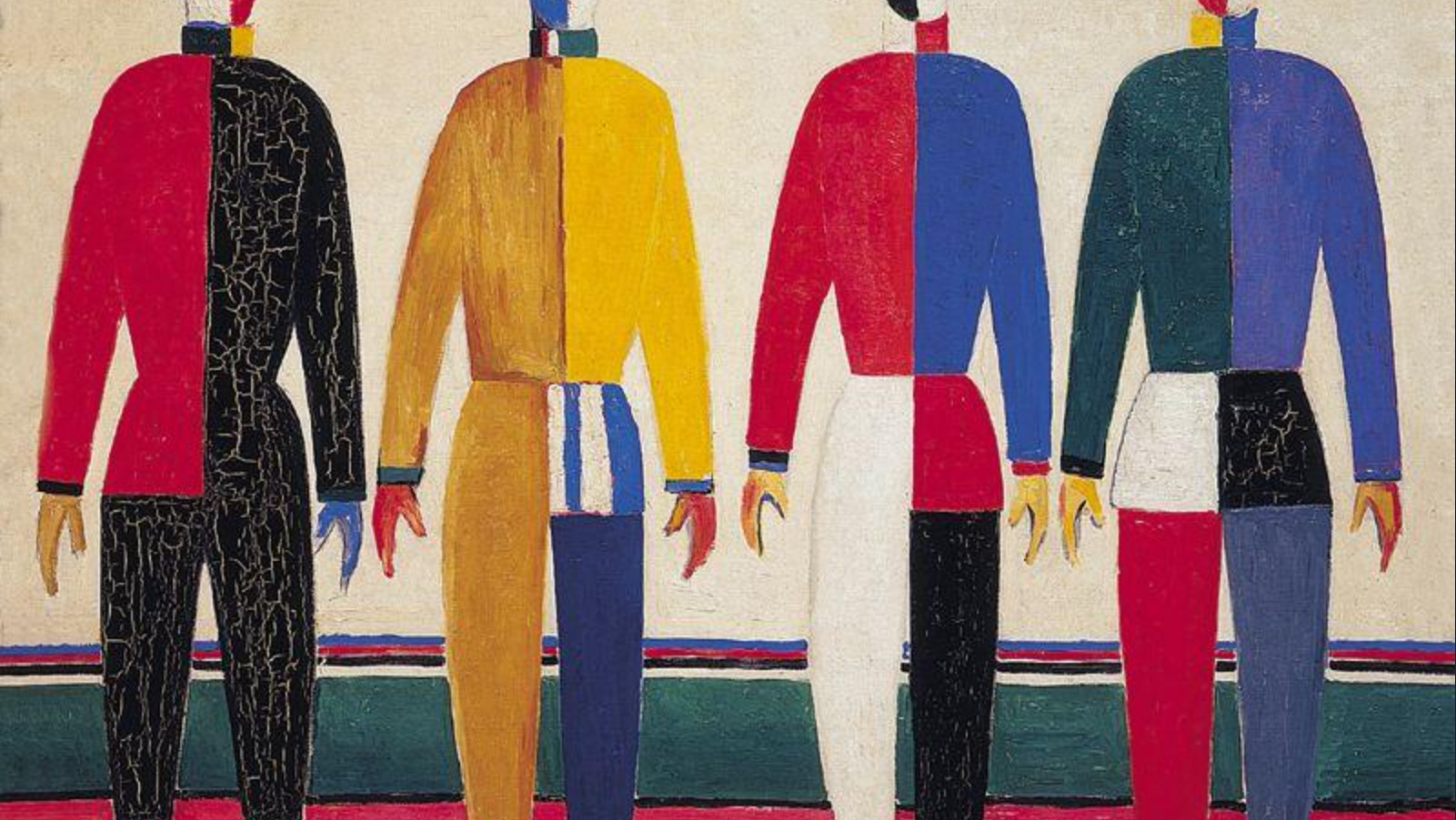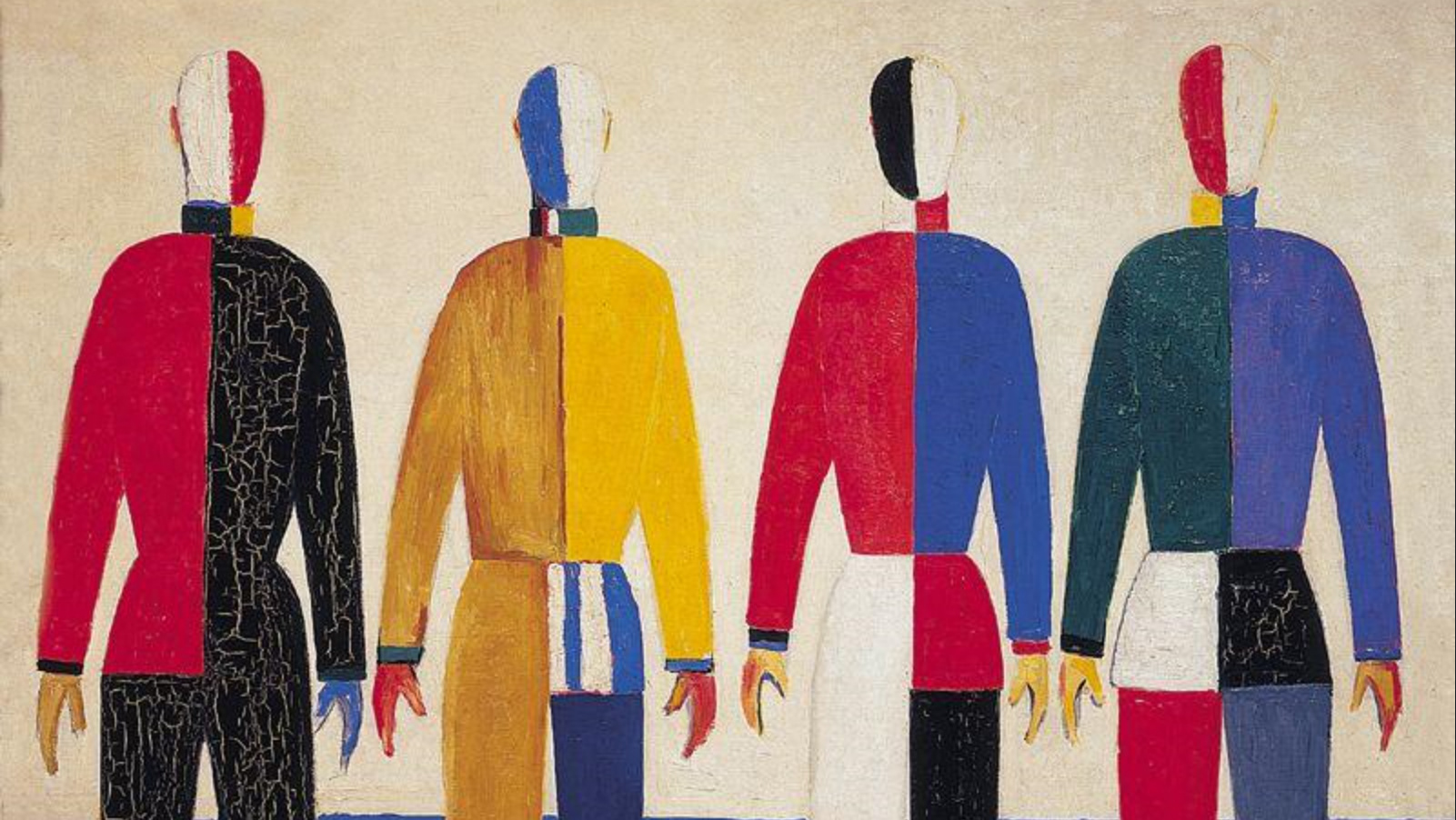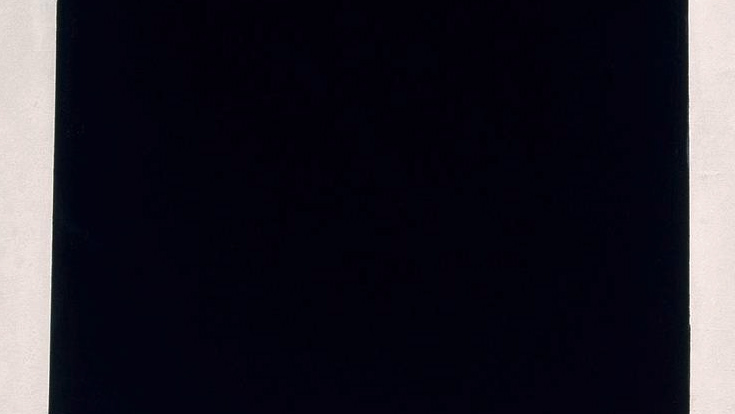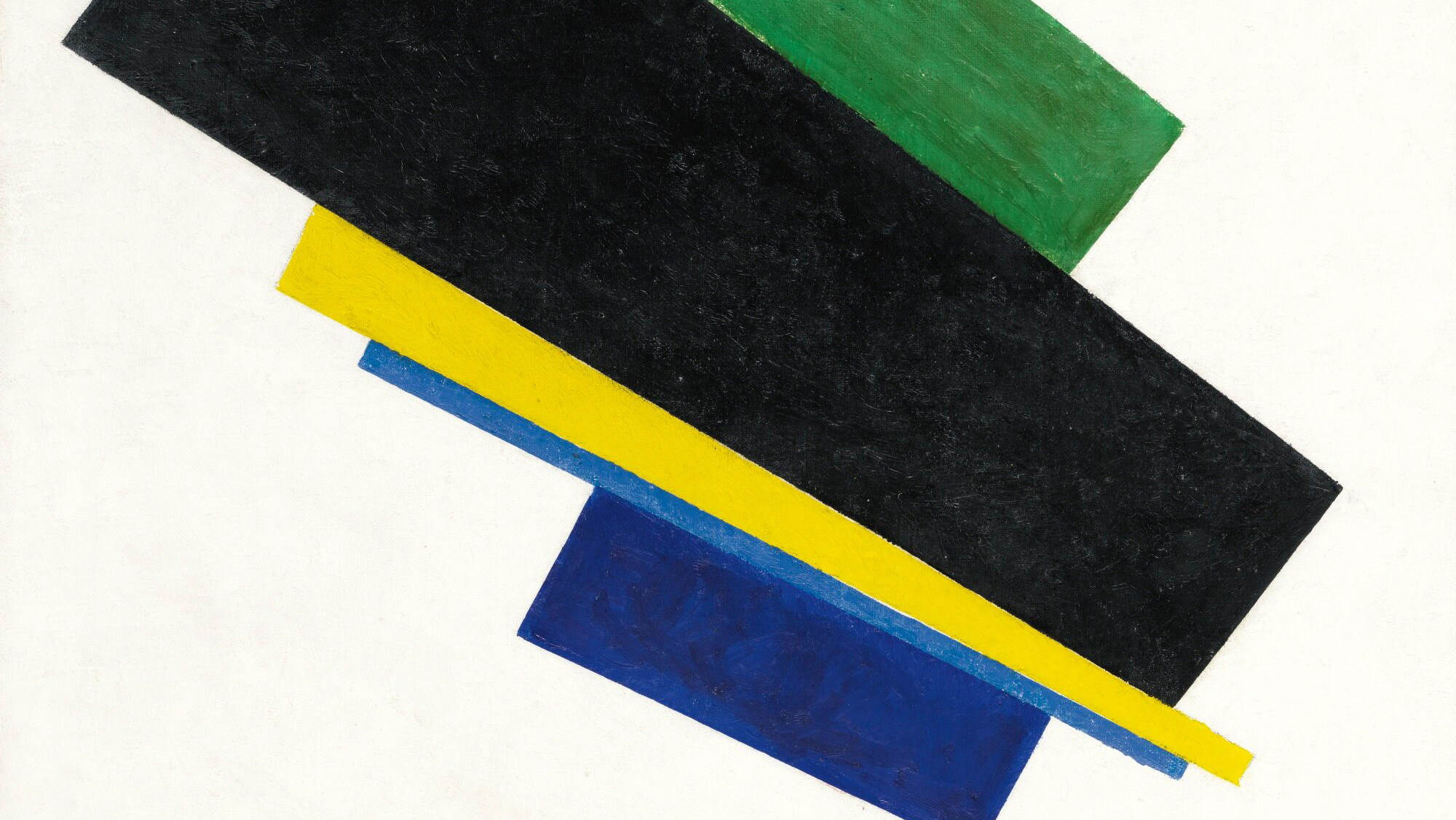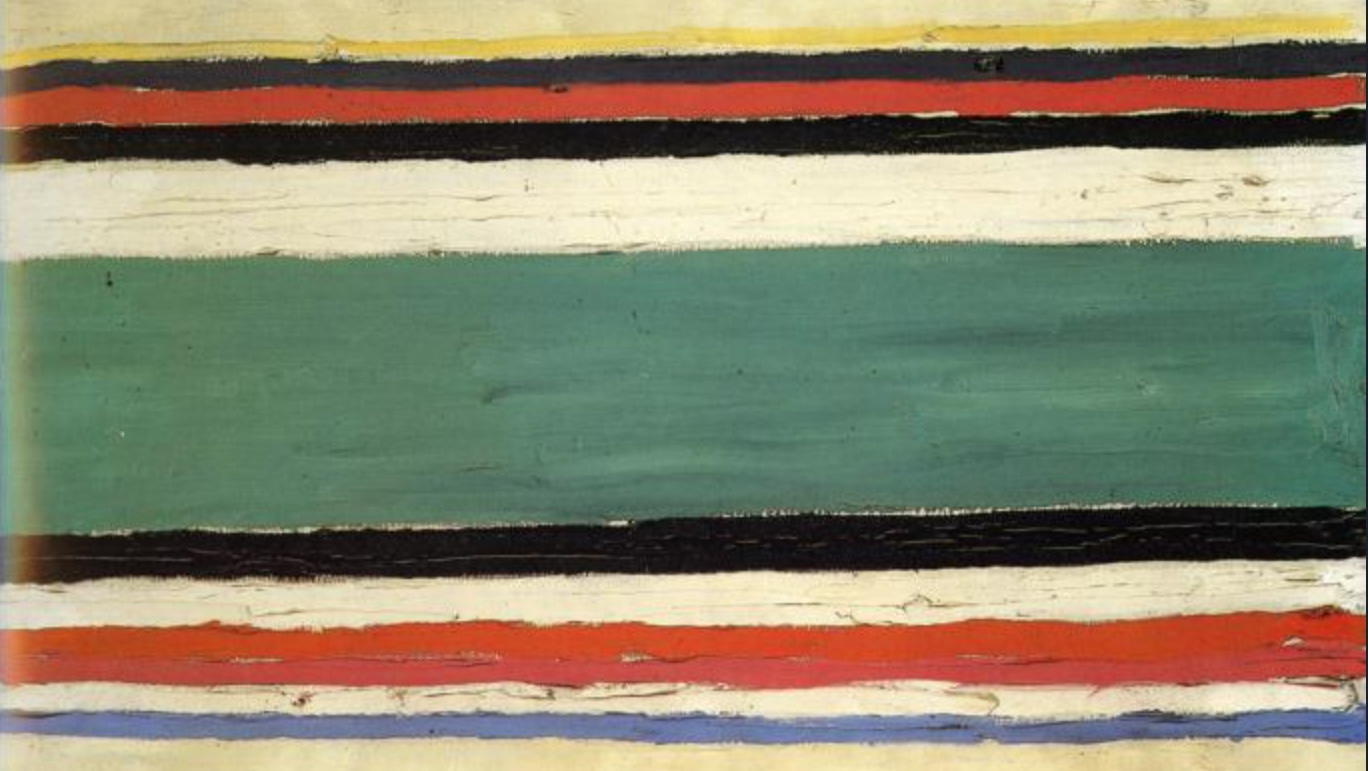The city as a world
An excerpt from Isin, Engin. 2022. ‘The City as a World: Governing Citizens and Non-citizens’. In Our Geographical Worlds: Celebrating Award Winning Geography at the University of Toronto, 1995 to 2018, edited by Jane Macijauskas, 139–46. Toronto: Department of Geography, University of Toronto. [PDF].
My discovery of the city as a world for governing citizens and non-citizens was made while writing my PhD dissertation entitled ‘The Birth of the City in British North America.’ I completed it during the later months of 1989 between Tiananmen Square protests in Beijing and the European revolutions unfolding on streets and squares of Belgrade, Berlin, Bucharest, Budapest, Prague, and Vilnius. The city as a geographical-political world has been a singular object of my teaching and research since then. To be sure I have taught and researched on states, nations, empires and international politics, but I have never lost sight of the significance I accorded to the city as a world (during my doctoral studies) for governing populations made up of both citizens (those with rights though often differentiated) and non-citizens (those without rights or at least without political rights).
The initial focus of my research was the origins of Canadian municipal government before 1867. Although similar to American cities, as a nineteenth-century Royal Commission had exhaustively documented, it was also different from them. This difference was always expressed as a difference between American constitutionalism (‘Life, Liberty and the Pursuit of Happiness’) and Canadian federalism (‘Peace, Order, and Good Government’). This narrative was too superficial to account for the origins and development of governing institutions and the relationship between government and the governed especially if someone were concerned, as I was just beginning, to understand the city as a world from a critical-historical perspective. This meant focusing on practices of government (the ways in which institutions were organized and rationalities were formed to shape and influence people’s behaviour) and spaces that were designed to accomplish the objectives of government.
When I entered Canadian provincial and national archives, especially with an eye on the period between the 1780s and 1840s, it quickly became clear that the discourse of government used in practice was an extension and modification of a discourse that emerged during the period between the seventeenth and late-eighteenth centuries in colonial America. I was fascinated by how colonial settlement practices in British North America (surveying and founding towns, settling them, and governing them) were the continuation of discourses developed by British imperial authorities in colonizing America, albeit with different objectives. The world of the city was wider than I had imagined.
I wholeheartedly immersed myself in the documents related to settling cities in colonial America from the early settlements in Virginia and New York to the Carolinas and Georgia. I introduced myself to the world of the colonial city that was entirely new to me as I had been raised and educated in Turkey and did not have even basic familiarity with British imperial and colonial institutions. This may have also proved an advantage since, from a critical-historical perspective, I did not have much unlearning to do about these institutions. Critical historians often extol the virtues of seeing the past as a foreign country, but, in my case, this was not an allegory. Yet, despite this potential advantage, it still proved both an impossible and incomplete task. It was impossible because American colonial cities, governed at a distance from the British imperial metropole, had gone through massive changes and authorities relentlessly responded to the challenge of governing colonial America through its cities with new practices. I found it impossible to assemble the massively heterogeneous material from the seventeenth to late-eighteen centuries into a narrative that would inform my research on British North American colonial cities between the 1780s and 1840s. I also found it incomplete because British colonial authorities were deploying a discourse that was not only deeply embedded in governing metropole cities in North America but also in other colonial colonies of the expanding empire in Africa and Asia. The world of the city was still wider than I had anticipated.
This was a point of no return and I was now fully immersed in European and British history of the city as a juridico-political world. The literature was vast and the documents available even vaster. This is where understanding the city as a legal corporation – as an institution of government that organizes a given space – proved crucial. It was crucial because it allowed me to focus on the origins and development of the city as a juridico-political world since the twelfth and thirteenth centuries that would guide me back to the city as a corporation in colonial America. This focus not only made the study manageable and feasible but also provided an original way to trace connections between practices of governing cities across imperial and colonial polities as well as the emergence of self-government through cities in the colonies. This is when I discovered that not only was the world of the city deeply connected with wider worlds of states and empires, but it was also a world that condensed and concentrated governing rationalities into a specific space. This forced me to leave behind the hierarchical understanding of city, nation, and empire as competing juridico-political spaces and to begin understanding traversing worlds of the city, nation, and empire constituted of forces, struggles, and rights.
When I published my dissertation as a book entitled Cities Without Citizens, I had not anticipated that this title change would provoke two related problems of the city as a world that would occupy me for the next three decades. The first problem was this. Having provided an analysis of how colonial cities, along with the changing juridico-political world of the European city, created citizens as governable subjects, I lacked an account of the conditions under which citizens also counteracted and rendered themselves as ungovernable subjects. To put it differently, the designs for governing citizens and subjects were always precarious, and there were resistances to these designs in both colonies and metropoles. I was troubled by the fact that I could not really give an account of the rebellions in Toronto in 1837 and in Montreal in 1838. I became increasingly focused on citizenship as political subjectivity – meaning the ways in which people constitute themselves as political subjects or agents and their resistances to designs meant to contain and pacify them. This led me toward a series of historical studies reaching back to the ancient Greco-Roman world, analyzing cities and their principles of civic government.
It also led me to a series of critical studies that I called ‘acts of citizenship’ that attempted to understand how in those moments like 1837 or 1838 (or 1968 and 1989 for that matter), people disrupted their prescribed scripts and acted differently in making their worlds. The city was the originary and primary world for such acts and remains so as a political space through which citizenship is enacted. As I would phrase it much later, in events such as the Arab Spring as enacted in Cairo (2011), Aleppo (2011), and Tunis (2010) or Occupy in New York (2011) and Indignados in Madrid (2011) the city was not merely a background to national and international forces, struggles and rights, but it was also a battleground. My work on theorizing acts of citizenship enacted in the city led me to speech act theories, performativity, enactment and, broadly speaking, performance studies where I envisaged the city as a political world with national and international reverberations, connections, and affiliations. Enacting European Citizenship, for example, meant that people constituted themselves as European citizens whether they had already been given the right to do so or not.
The second problem that preoccupied my studies was another dimension of the city as a world of government: if indeed European empires established colonies through cities and the city functioned as a space for governing populations, it also functioned as a ‘civilizing’ world both on colonial settlers who were conceived as agents of settlement, and indigenous peoples who were subject to a double civilizing mission to be first disciplined into governable subjects and then into subjects who could govern themselves. Did the city not, in other words, function by instituting civilizational hierarchies to discipline colonial and indigenous subjects into citizenship? This ‘internal orientalism’ – governing people in the metropole by strategies and technologies of power developed in the colony – was prevalent across all European empires and the city constituted a technology of government for European imperial citizenship that was considered superior to any other political agency. This raised the spectre for me of whether the city was inherently an imperial and colonial world constituting various forms of racialization in governing colonial and indigenous peoples, dividing them into citizens and non-citizens according to their ability and/or willingness to subject themselves to government. By conducting a series of studies under the title ‘citizenship after orientalism’ a counter-intuitive argument developed that there is no primary reason why either the city or citizenship should be conceived as imposed upon by imperial and colonial authorities, and that by studying ‘subjugated knowledges’ and practices of government amongst colonized and indigenous peoples, similar institutions though functioning differently could also be discovered. This was perhaps the lesson I learned from various indigenous resistances from the North-West and Red River uprisings to Idle No More.
Above all, I learned that rights and spaces are co-constitutive: how being in particular spaces would grant particular rights (citizens) and deny those rights to those who become its others (strangers, outsiders, aliens) in the sense that they were not born or raised in, or entitled to being present, or appear in these spaces. This is how the city as a world for governing people made up of both citizens (those with rights though often differentiated) and non-citizens (those without rights or at least without political rights) became an object of my studies. How certain geographical worlds as juridico-political spaces were governed, organized, and shaped, and how their citizens and non-citizens often transformed the terms of their governments by transforming their cities, became an abiding concern that led me to a series of studies on European and non-European cities.
Today the academy still organizes knowledge (disciplines, fields, programmes) and its various forms of institutionalization (departments, schools, faculties) by dividing the problems of the city, nation, and world as separate hierarchical geographies and histories as though each constituting a closed space into itself. The literatures that emerged from studies of these worlds mirror this logic of division. The studies of the city remain within urban studies, just as international relations, or international politics rarely cross over and analyze the city as a question. Throughout my work I attempt to traverse and transgress these borders to study the city, nation, and the world as interrelated spaces of forces, struggles, and rights.
The world of the city then remains for me as a question of government in its broadest sense of governing ourselves, how to recognize our differences, how to conduct ourselves toward each other, and how to negotiate rights of citizens and non-citizens. The city as a world is both a medium and outcome of the question of governing ourselves. Analyzing the city as a world traverses the geographical-political worlds of city, nation, empire, and the world and is not contained or containable in any of them. Since for the first time on our planet a vast majority of its peoples call the city as their habitat, historians and archeologists are expanding its history to encompass thousands of years. The world of the city therefore also remains a promise of governing ourselves differently for addressing the challenges of inequality, environment, mobility, and violence as simultaneously urban, national, and international challenges.
So, the journey of discovery that began with my dissertation on geography and government continues with various twists and turns and yet remains grounded in that originary experience of the city as a world. From a performative perspective, I recognize that we constantly cite, repeat, and resignify ourselves. Still, some experiences are inevitably more intense than others – such as writing a dissertation or a book in a particular moment of world history – that they may become originary experiences giving rise to new questions.


